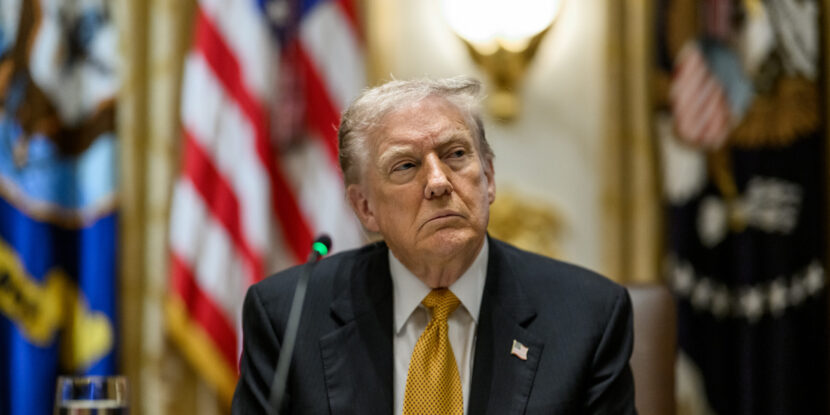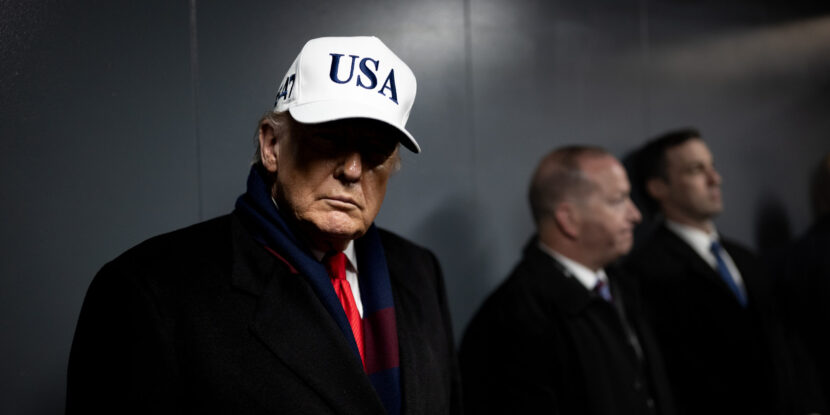The United States economy may be seeing the start of a collapse in the commercial real estate sector — raising concerns about the potential impact on banks and city budgets. Elevated interest rates, slow corporate growth, and post-pandemic ‘work-from-home’ trends have drastically reduced the office and retail space market.
In San Francisco, a 20-story office tower that was purchased for $146 million ten years ago was recently on the market for merely $80 million, almost a 45 percent reduction in value. Similarly, in Chicago, a 200,000-square-foot-office building sold for close to $90 million in 2004, was bought last month for just $20 million, a staggering 78 percent drop in cost. In Washington, D.C., a 12-story retail and office building just blocks from the White House sold for $36 million, a significant decline in value since its $100 million sale in 2018.
Hammering City Budgets.
This depreciation in commercial property values is severely affecting municipal budgets that rely heavily on the taxes attached to these commercial real estate properties. Financial shortfalls are becoming a reality for many cities as lower assessments of property values shrink tax income. Aaron Peskin, president of the San Francisco Board of Supervisors, notes a potential $1 billion shortfall in San Francisco’s $14 billion budget over the next few years, mainly due to decreased commercial real estate tax revenue.
Renewed Banking Crisis Risk.
Additionally, there are mounting concerns that a crisis in commercial real estate could cause cross-contamination in the U.S. banking sector — especially among small and regional banks. Since the middle of last year, small and mid-sized regionals have increased holdings in commercial real estate despite the market cooling. If holdings in commercial real estate increasingly become toxic assets, U.S. regulators could face a renewed banking crisis similar to the one experienced last year when several regional banks — including Silicon Valley Bank — experienced banking runs before ultimately being seized by the Biden government as they collapsed.
The U.S. Banks With the Highest Exposure to Commercial Real Estate https://t.co/zqxHU1M2tE by @VisualCap pic.twitter.com/cTHQezcrNu
— Jesse Felder (@jessefelder) March 14, 2024




















